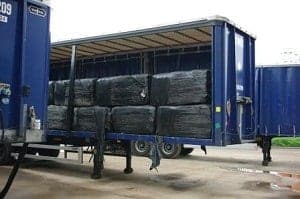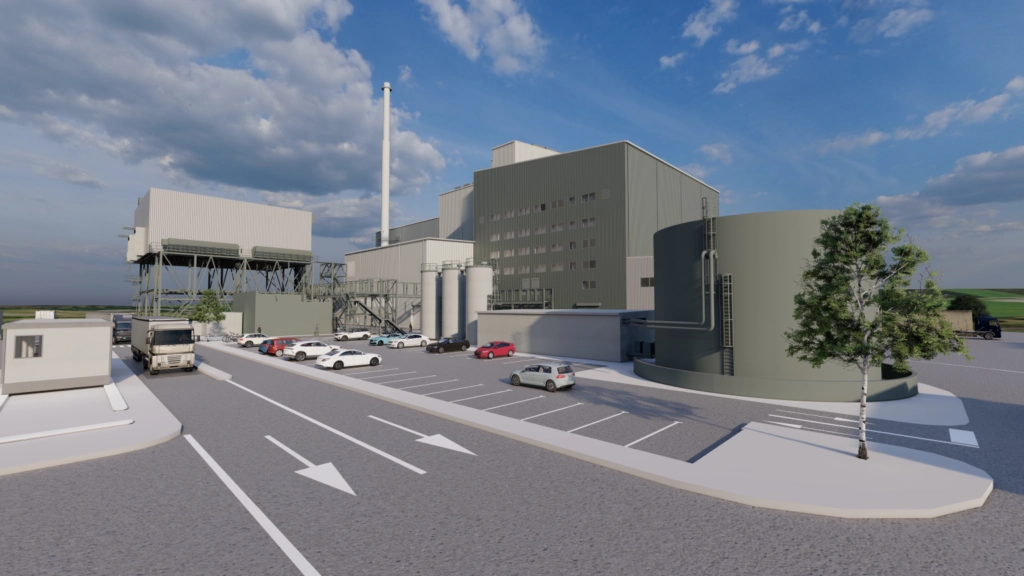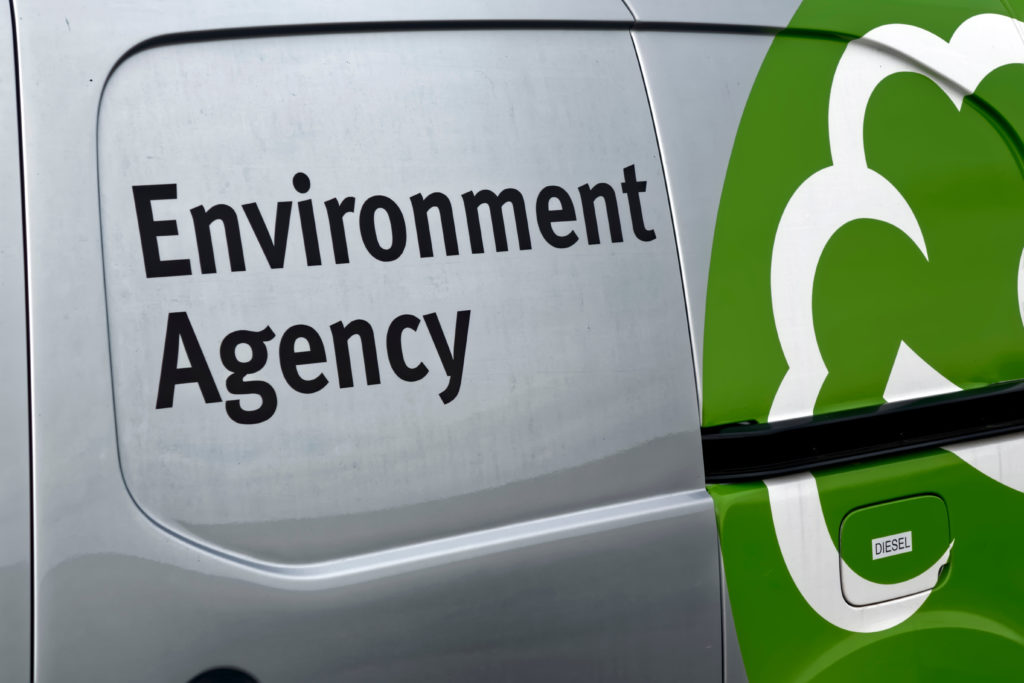Industry experts argued that exports of refuse derived fuel (RDF) are an economic reality with the UK yet to develop sufficient EfW capacity to treat waste domestically, in a panel session at the RWM show yesterday (September 11).
And, it was also argued that despite an increase in the amount of waste being sent to energy from waste facilities on the continent, waste management firms will still favour recycling over incinerating material.

RDF Export an interim solution or a long term trend?, held at RWMs Energy from Waste Theatre at the Birmingham NEC, saw representatives discuss the quality of RDF and solid recovered fuel (SRF), their impact on the UK and RDFs changing role as Europe emerges from recession.
Moderated by the Environmental Service Associations (ESA) Jacob Hayler, panel representatives included Amecs associate director Linda Ovens, independent consultant Will Spurr, SITA UKs head of organics and alternative solid fuels Andy Hill, and Chris Oldfield, managing director of UNTHA UK.
Mr Hayler began the debate by asking the panelists where they thought RDF and solid recovered fuel (SRF) currently stood in the UK marketplace. Mr Oldfield said they were a long way down the food chain, but insisted barriers were needed to deter criminals and cowboys from taking advantage of the changing composition of waste.
Mr Spurr, who concurred, added: If we wind the clock back three or four years when this kicked off, regulators could not answer how much pre-treatment was needed for RDF. There are still some operational challenges and nobody entirely knows how sustainable those markets are going to be. We have to be adaptable and the regulators need that knowledge of market activity.
Role
On RDFs continued role in the UK some audience members were critical, arguing that waste contractors needed to listen to the public. One commentator said the public were not on board with RDF, as they have been encouraged to prioritise recycling which is higher up the waste hierarchy.

‘SITA will recycle wherever it is viable but there will always be residual waste. We want the best for the environment but there is an economic reality.’
Andy Hill, SITA UK head of organics and alternative solid fuels
Mr Hill, who argued the seven million tonnes of waste exported as RDF was a drop in the ocean, responded: SITA will recycle wherever it is viable but there will always be residual waste. We want the best for the environment but there is an economic reality.
Mr Spurr agreed: The UK needs to develop its own thermal treatment which it will. I think quite rightly local authorities see export as a solution. I do not see any threat in this to production in the UK, it is a natural development of things. I think the UK has taken so much longer to develop than we all would have liked: 26 million tonnes of waste is still being landfilled, and RDF is the only solution there right now at a price local authorities can afford.
Europe
On Europes need for RDF, Mr Hill thought exports would be a medium term operation. Bas Kerkwijk, of Dutch Recycling, a firm which specialises in RDF processing, later told letsrecycle.com that while the process was economical and sustainable, he thought the surplus in capacity across many Dutch, Danish, Belgian and German plants could mean many would be forced to close in the next few years as the UKs own facilities become operational.
Last month, ESA criticised reports that the UK was headed for incineration overcapacity and to meet feedstock demand, material would be burned that could otherwise be recycled (see letsrecycle.com story).
ESA highlighted Northumberland, a region it says has increased its recycling rate by a third in six years while also diverting waste from landfill via a PFI-funded EfW plant, as evidence the two solutions could coexist.
Related Links
The RWM show, which sees over 750 exhibitors, 150 speakers, and thousands of visitors descend on the NEC to see and hear the latest in waste and recycling innovations, ends today (September 12).







Subscribe for free